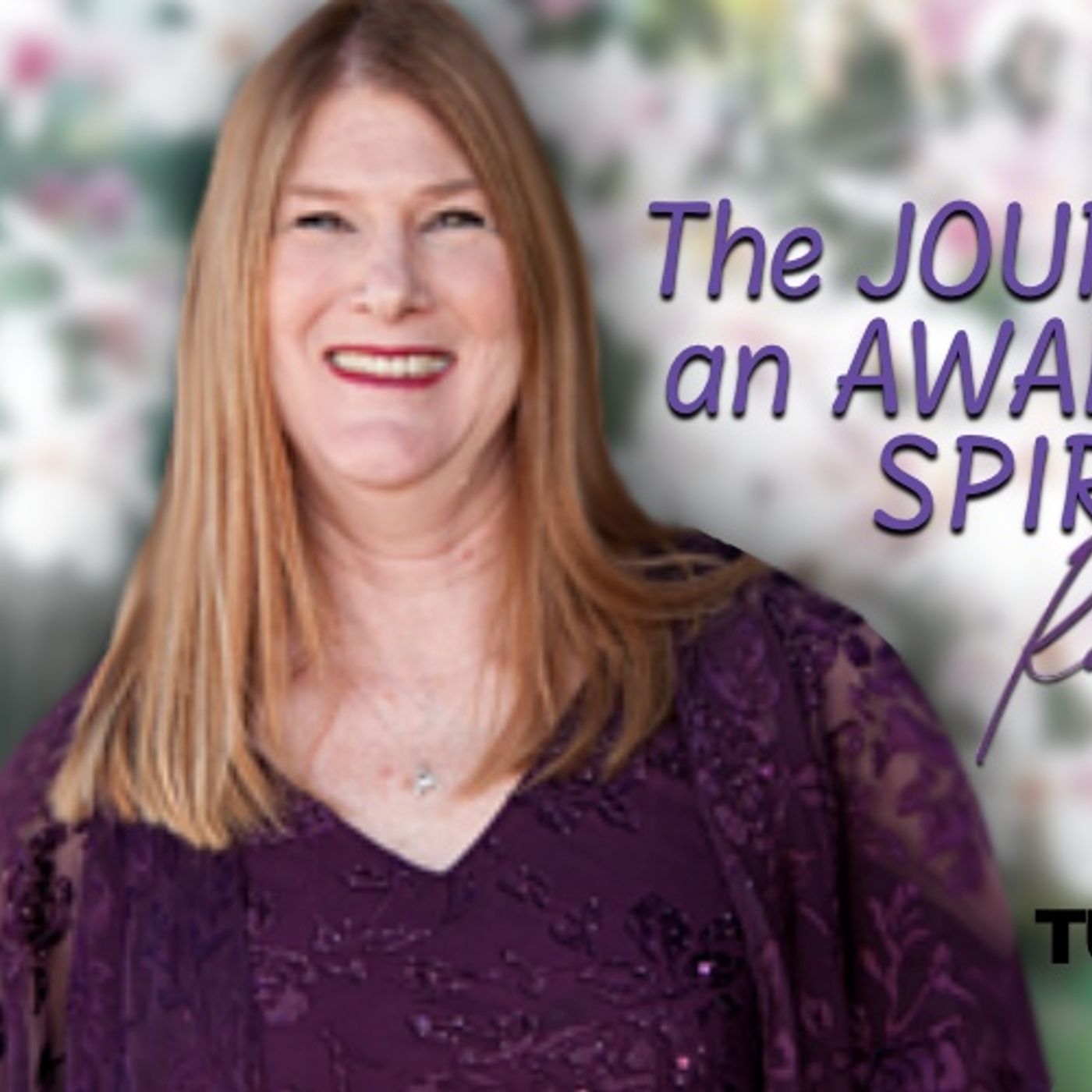Phyllis Leavitt has definitely been on a journey, and as a child, she buried her early experiences of abuse so deeply that it took years to uncover them. These buried experiences manifested in a persistent sense of not belonging, of being fundamentally different from everyone around her. Growing up in an era where emotions were not discussed, and psychology was an alien concept, she lacked the language to understand or express her feelings. This led to a deep-seated belief that something was intrinsically wrong with her, and she wasn't sure if it could ever be fixed.
Phyllis’s pursuit of connection and love became a lifelong quest. Academically inclined, she found solace in studying and achieving good grades, which temporarily validated her sense of worth. However, it was in writing, particularly poetry, that she first experienced a profound connection to her deepest self. Writing became a sanctuary, a place to seek that elusive connection, though it often felt out of reach.
In her twenties, Phyllis joined a spiritual group, got married, and had three children. Despite these outward signs of a settled life, she found herself in a dysfunctional relationship, plagued by depression. This period marked the beginning of a profound journey of self-discovery and healing. She started to remember the traumas of her past, and for the first time, she began to understand their impact on her life.
Phyllis realized that her attempts to seek divine love were, in part, driven by a deep sense of being unloved by people. This epiphany led her to seek therapy, where she learned that early conditioning shapes self-perception, coping mechanisms, and beliefs about relationships. The therapy process was like descending into an underworld, confronting fears and uncovering buried pain. Yet, the quest for truth and self-understanding was a driving force that propelled her forward.
Through therapy, Phyllis reconnected with her essential self, often referred to as the soul. Her first two books, A Light in the Darkness and Into the Fire, chronicle this journey, sharing the wisdom and guidance she encountered along the way. Working as a therapist, she helped countless individuals and families navigate their own healing journeys. Over time, she recognized that family dynamics profoundly impact our sense of self-worth and our ability to relate to others.
This understanding extended beyond individual families to larger social structures. Schools, communities, workplaces, and even nations function as family systems, each with its own dynamics that can either nurture or harm. Observing widespread dysfunction in these systems, Phyllis saw parallels between individual trauma and societal issues. Our collective history and unhealed wounds influence national behavior, policies, and the kinds of pursuits we value.
In her practice, Phyllis experienced the transformative power of psychotherapy. By exploring and releasing buried trauma, she reconnected with her true self, opening up to love and belonging. This journey wasn't just about personal healing; it offered insights into healing our society. Just as individuals must confront and heal their past, so too must nations address their historical wounds to foster unity and compassion.
Writing her most recent book was a pivotal moment in this journey. Guided by a profound sense of purpose, Phyllis aimed to make psychological insights accessible to everyone, not just professionals. Lady Liberty, a symbol of freedom and welcoming, became a central figure in her narrative. Through conversations with her, Phyllis explored the idea that our nation, like individuals, needs to reconnect with its true essence and heal its collective wounds.
This collaborative process with her editor underscored the importance of connection and community in healing. We don't heal in isolation; we need the support and understanding of others. This insight applies to both personal and societal healing. By sharing her journey and insights, Phyllis hopes to inspire others to embark on their own paths of self-discovery and healing, ultimately contributing to a more compassionate and united world.
Healing is a lifelong journey, but it's one worth taking. As we peel back the layers of our conditioning and confront our inner darkness, we unlock a deeper connection to our true selves. This journey not only transforms us but also has the potential to transform our society, fostering a world where love, understanding, and compassion prevail.









